Of course, electric car chargers do increase home values. Electric cars are becoming more and more popular, and more and more home buyers are looking for properties that can accommodate this lifestyle shift.
In this discussion, we'll look at how installing an EV charger in your home can make your property more attractive. Electric vehicle chargers can offer practical benefits such as savings on charging costs and convenience, as well as catering to an environmentally friendly, low-carbon lifestyle.
What Is an EV Charger?
An EV charger, or electric vehicle charging station, is a device that provides the electrical power needed to recharge electric cars. These chargers come in various types, primarily differentiated by their charging speed.

Level 1 chargers use a standard 120-volt outlet, while Level 2 chargers operate on 240 volts, similar to what large appliances use, offering a faster charging time. Level 3 chargers, or DC fast chargers, provide the quickest charging but are typically found in commercial settings rather than residential.
Why Is a Home Electric Car Charger a Must-Have for Home Buyers?
The electric car industry is growing and the benefits of having a home electric car charger are becoming more and more apparent. Imagine never having to pass a charging station on your way home or schedule your errands based on how long your car battery lasts. That's the convenience of a home charger. It allows you to charge your car from the comfort of your garage, keeping it fully charged at all times.
Charging your car at home is usually cheaper than using a public charger, especially if you charge overnight during off-peak hours. Together, these savings on charging costs make the one-off installation cost worthwhile.
More and more home buyers are gravitating towards properties with electric car charging capabilities, meaning that having an electric car charger will not only make your life easier but will also boost the market value of your property when it comes time to sell.
In a nutshell, installing an EV charger in your home isn't about bragging rights, it's more about real everyday convenience and savings. It's a practical investment for your current needs.
What Are the Other Benefits of Installing an Electric Vehicle Charger?
Enhanced Marketability and Resale Value
Installing an electric vehicle charger can greatly improve the marketability of a home. As electric vehicles become more popular, potential homebuyers are increasingly looking for homes that can accommodate this lifestyle change. Homes with pre-installed EV chargers reduce the need for homebuyers to install them themselves. In this way, homes with EV chargers can meet the needs of an emerging market, selling faster and potentially at a higher price.
Attractiveness to Eco-Conscious Buyers
Environmentally friendly homes are a strong selling point. Electric vehicle chargers are seen as a green amenity that reduces dependence on fossil fuels and supports the use of renewable energy, especially when paired with a home solar system. This appeals to environmentally conscious buyers who are willing to pay a premium for a home that helps maintain a sustainable lifestyle. Properties with these benefits are not only practical but resonate with the values and priorities of a significant portion of the modern homebuyer.
Reduced Electricity Costs with Smart Charging
Home electric vehicle chargers often come with smart charging capabilities, allowing homeowners to take advantage of off-peak electricity rates. By charging an EV during hours when electricity is cheaper, owners can significantly reduce the cost associated with powering their vehicles. Furthermore, some smart chargers can be integrated with home energy management systems to optimize overall energy consumption, further lowering electricity bills.
What Should You Consider Before Installing an EV Charger?
Before installing an EV charger, consider the following:
-
Electrical Capacity of Your Home: Check if your home's electrical system can support the additional load of an EV charger, considering the capacity of your electrical panel.
-
Type of EV Charger: Choose between Level 1 and Level 2 chargers based on your vehicle's compatibility and your charging needs. Level 1 chargers use standard outlets, while Level 2 chargers need a higher voltage.
-
Installation Location: Select a convenient location for the charger that is close to the electrical panel and protected from potential damage, such as weather or physical impact.
-
Cost of Installation and Potential Incentives: Research the installation costs, which can vary widely, and look for local incentives, rebates, or tax credits to help reduce costs.
-
Permit Requirements: Understand the need for permits, the process involved, and any local regulations that may affect the installation of your EV charger.
-
Future Charging Needs: Consider future requirements such as the potential addition of more EVs in your household and whether your charger can accommodate multiple vehicles.
-
Smart Charging Features: Explore chargers with smart features that allow for controlled charging times and usage monitoring through a smartphone app, optimizing both convenience and electricity costs.
How Do You Install an EV Charger in Your Home?
Installation of an EV charger typically involves the following steps:
-
Evaluate Electrical System: verify that your home's electrical system is capable of supporting an EV charger, considering the additional load. It's recommended to have this checked by a professional electrician.
-
Choose the Type of Charger: Decide whether a Level 1 charger, which uses a standard 120-volt outlet, or a Level 2 charger, which requires a 240-volt outlet and provides faster charging, is best suited for your needs.
-
Secure Necessary Permits: Contact your local building or electrical authorities to obtain any required permits. This ensures that your installation adheres to local safety standards and regulations.
-
Select an Appropriate Location: Install the charger in a location that is both convenient for daily use and close to the electrical panel to minimize installation costs. The chosen spot should also protect the charger from environmental damage.
-
Hire a Qualified Electrician: Engage a licensed electrician who has experience with EV charger installations. They can handle the installation safely and ensure it meets all electrical codes.
-
Installation Process: The electrician will mount the charger on a wall, connect it to the power supply, and make necessary adjustments to your home's electrical panel if required.
-
Test the Installation: After installation, test the charger with your vehicle to ensure it is functioning correctly. This step should be performed by the electrician.
-
Complete Documentation and Inspection: If needed, have the installation inspected by a local official to finalize the permit process. Keep all related documentation for your records or future home resale purposes.
-
Understand Usage: Lastly, familiarize yourself with the operation of your new EV charger, including any programmable features that optimize charging based on electricity rates.
These steps will help you achieve a successful installation, ensuring safety, compliance, and convenience.
Conclusion
As the EV market continues to grow, installing a home EV charger could be a wise investment, potentially increasing your home's value and appeal. This feature not only enhances convenience and operational efficiency but also aligns with the broader trend towards sustainable living. With careful consideration and professional installation, an EV charger can be a valuable addition to any home.
Ready to electrify your home's value and sustainability? Discover the range of high-performance EV chargers from Autel. If you're looking for a Level 2 charger, Autel can provide a reliable solution for your electric vehicle charging needs. Enhance the curb appeal of your property and invest in a future-ready home.
Visit the Autel online store today to find the charger that best suits your lifestyle and say goodbye to range anxiety. Equip your home with Autel equipment and drive towards a greener future!

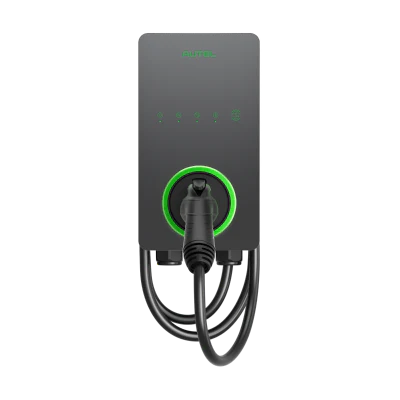
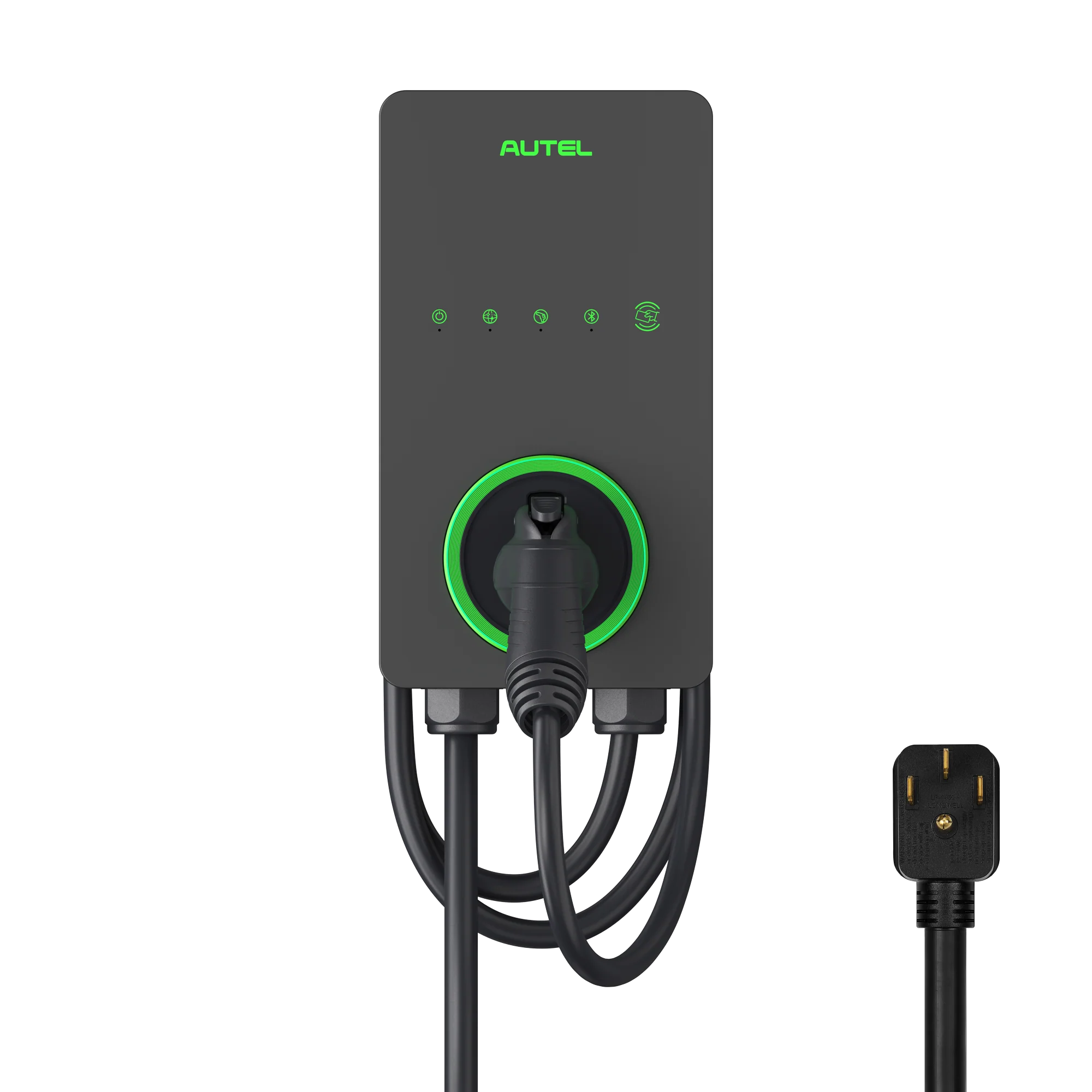
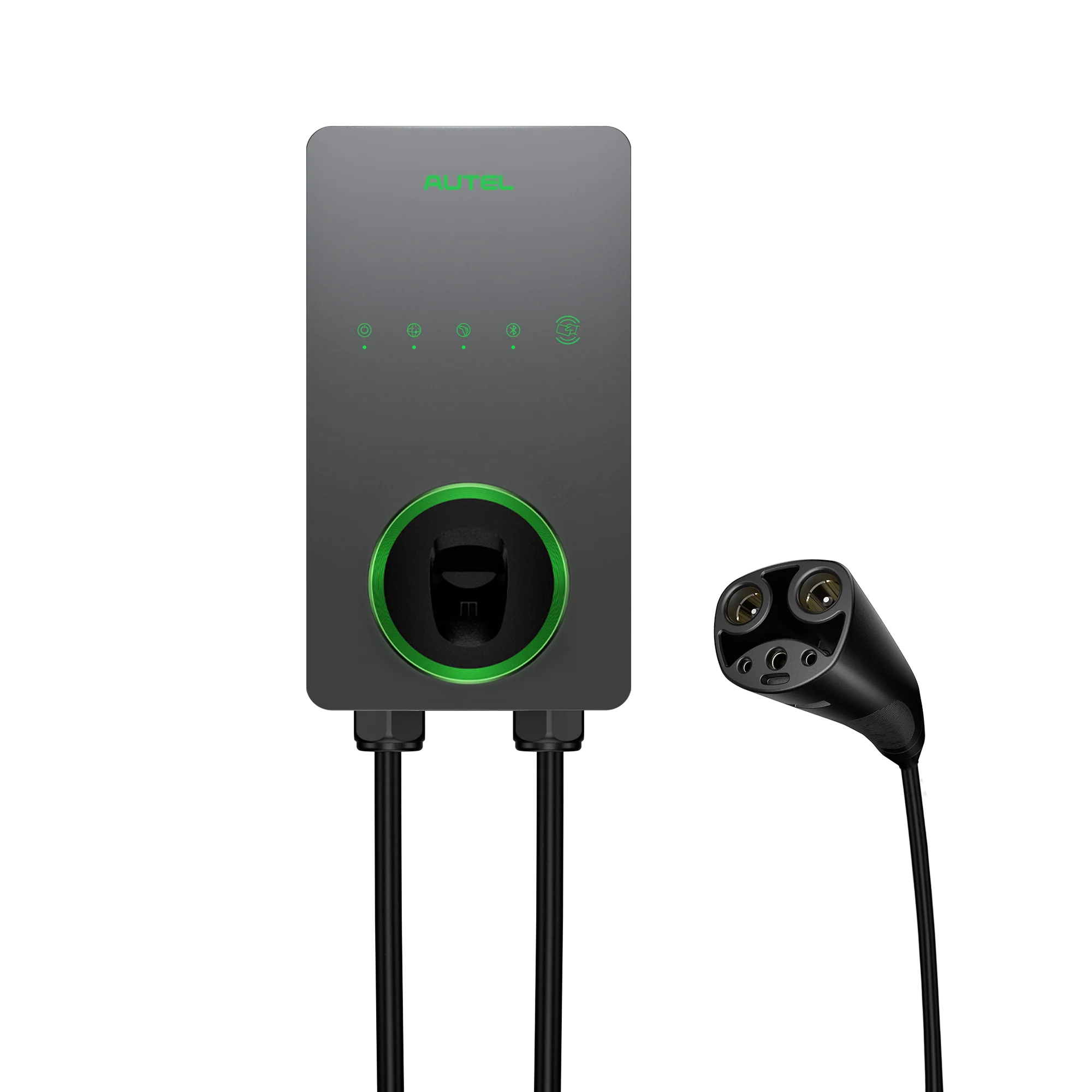
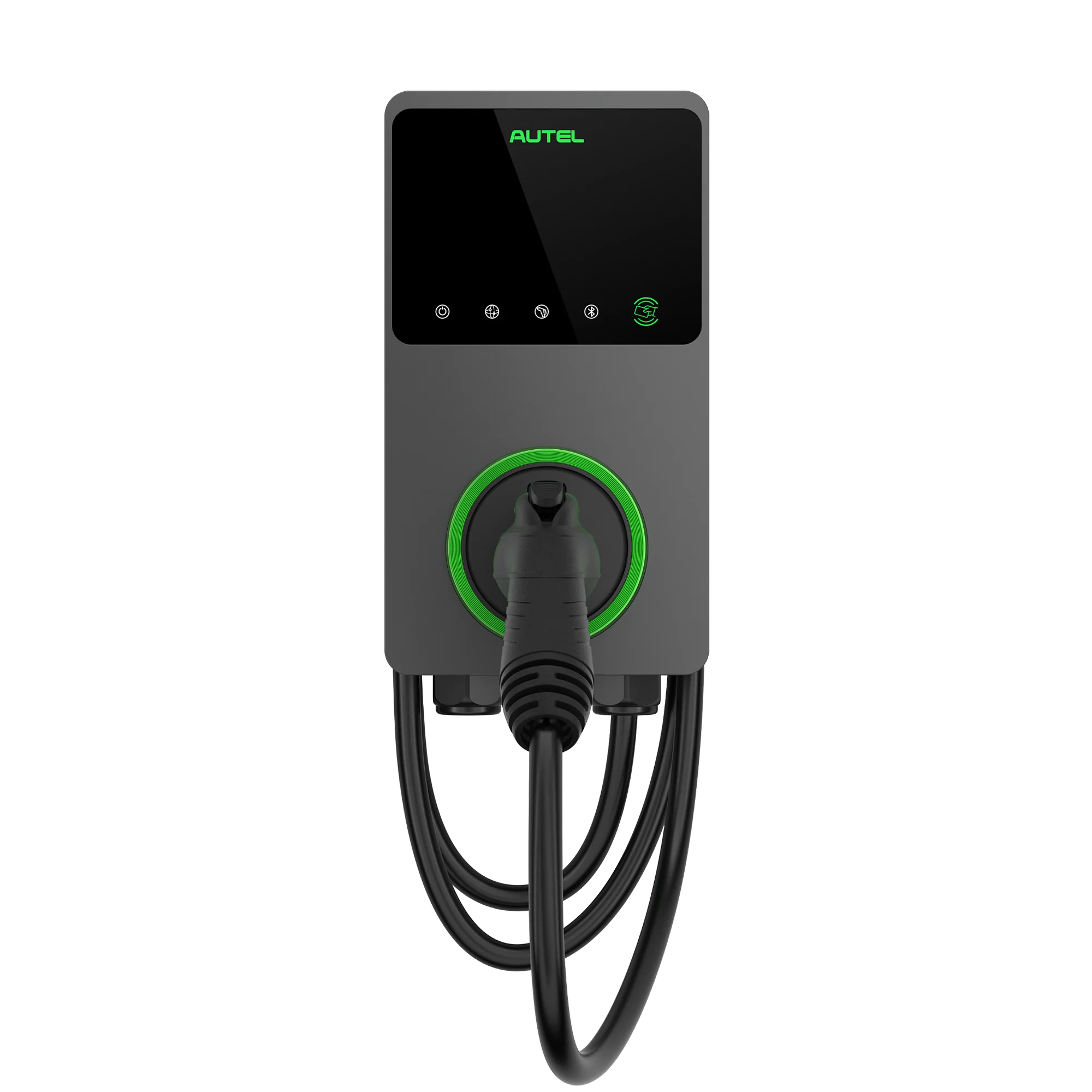
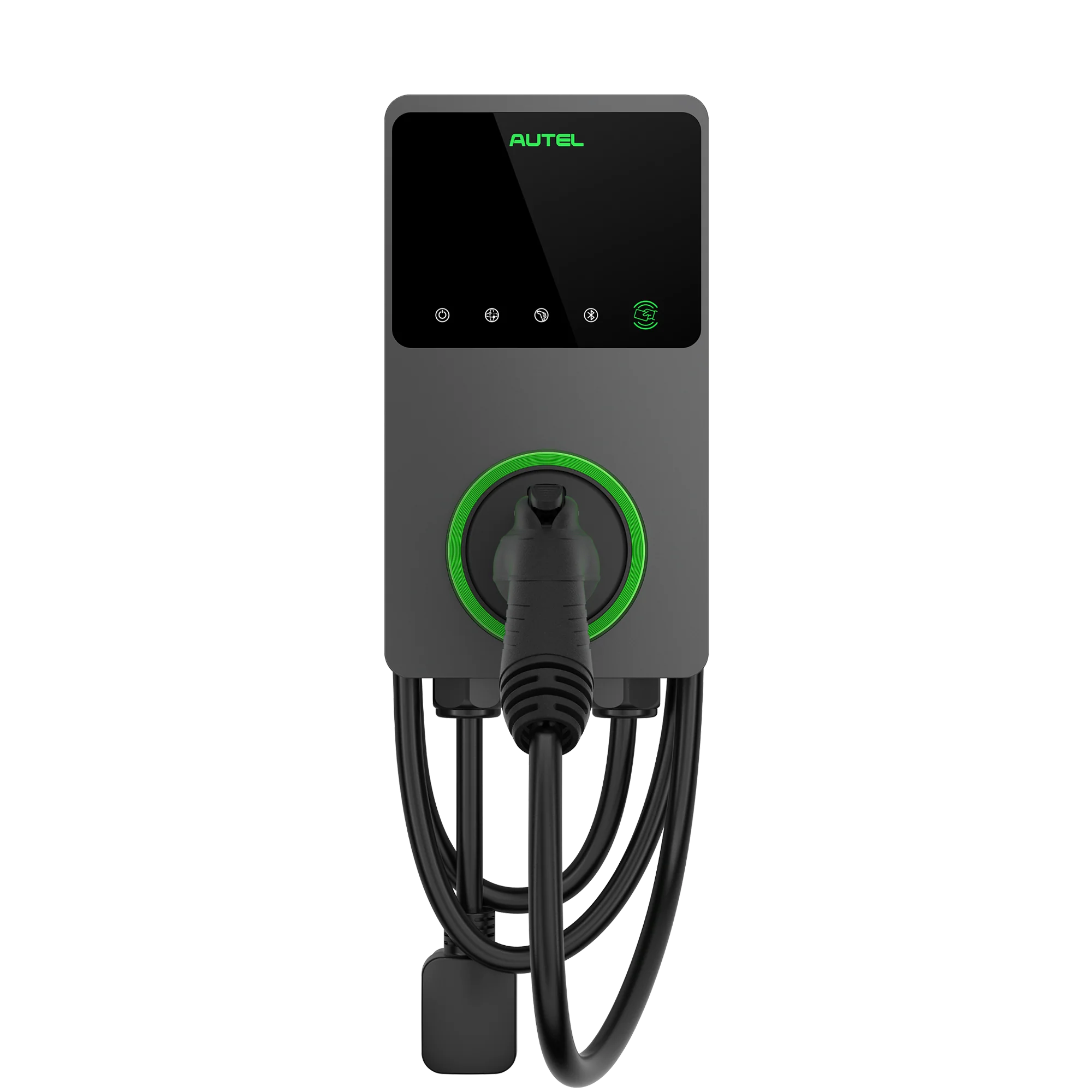
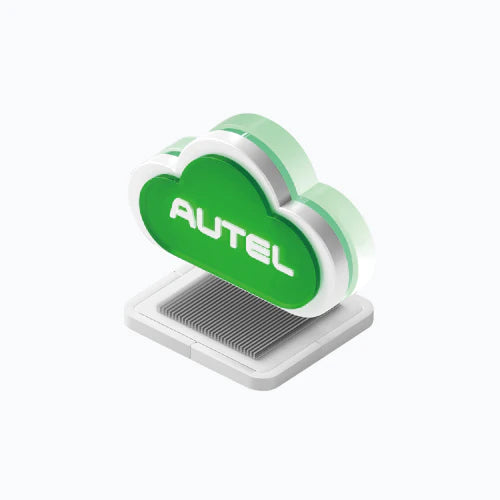
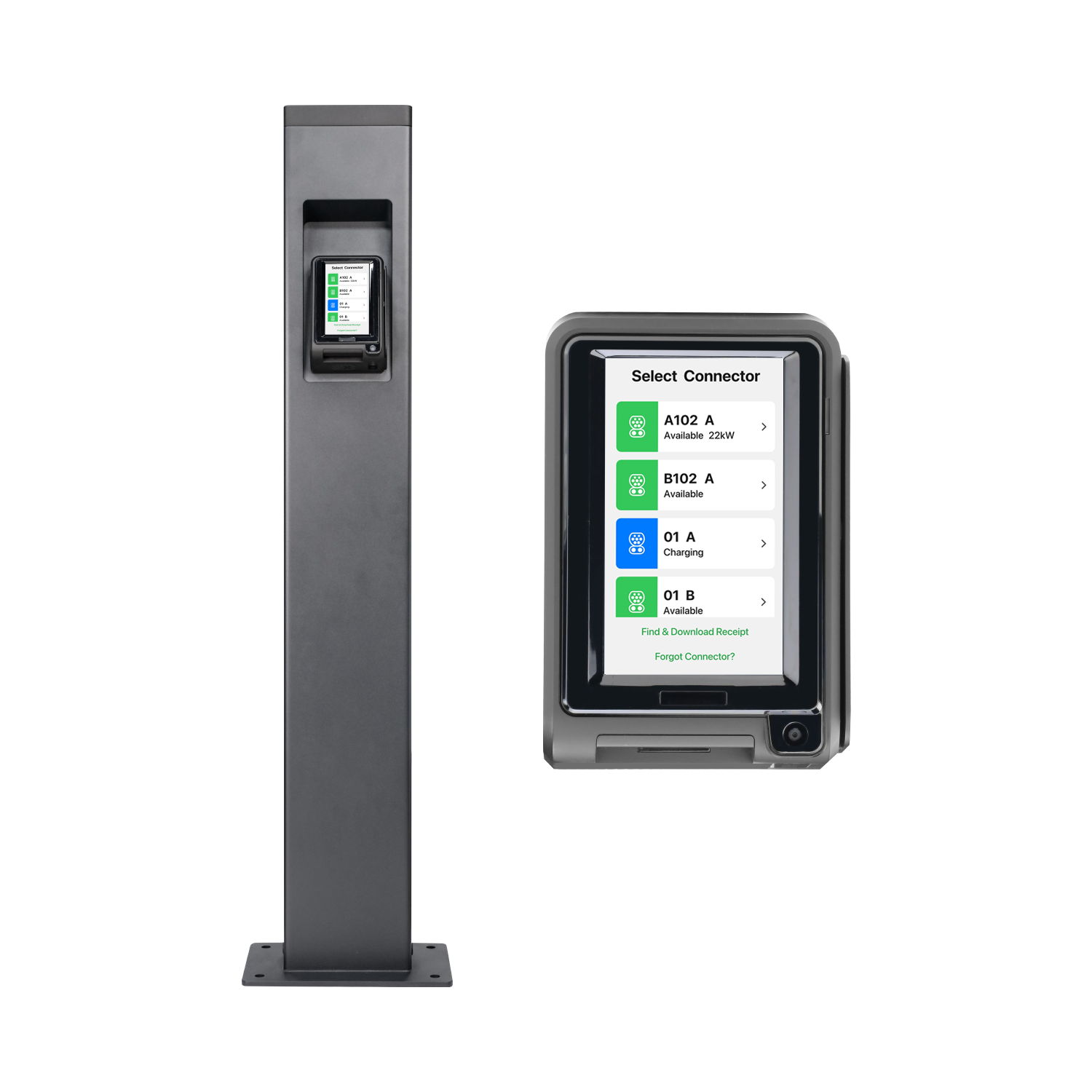
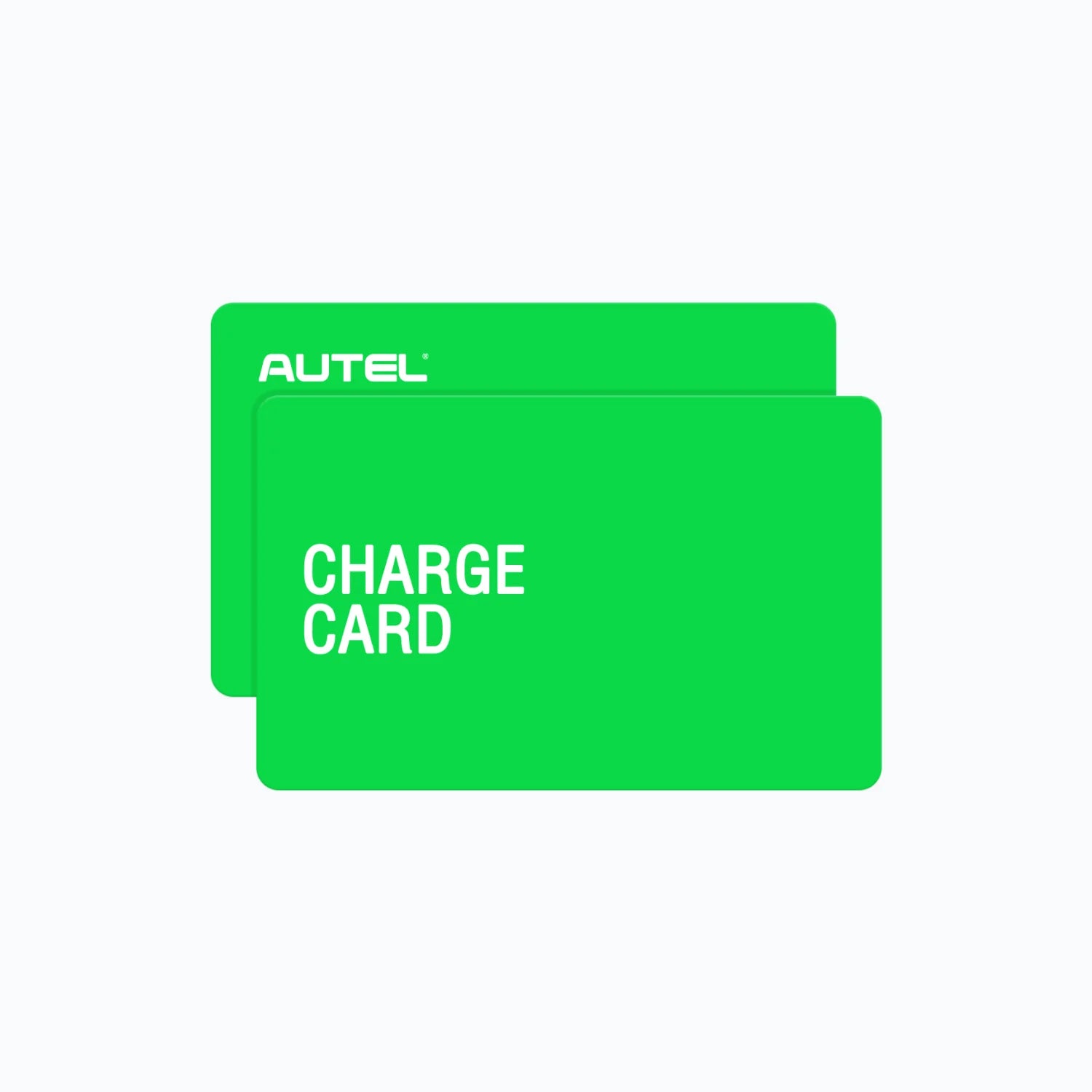
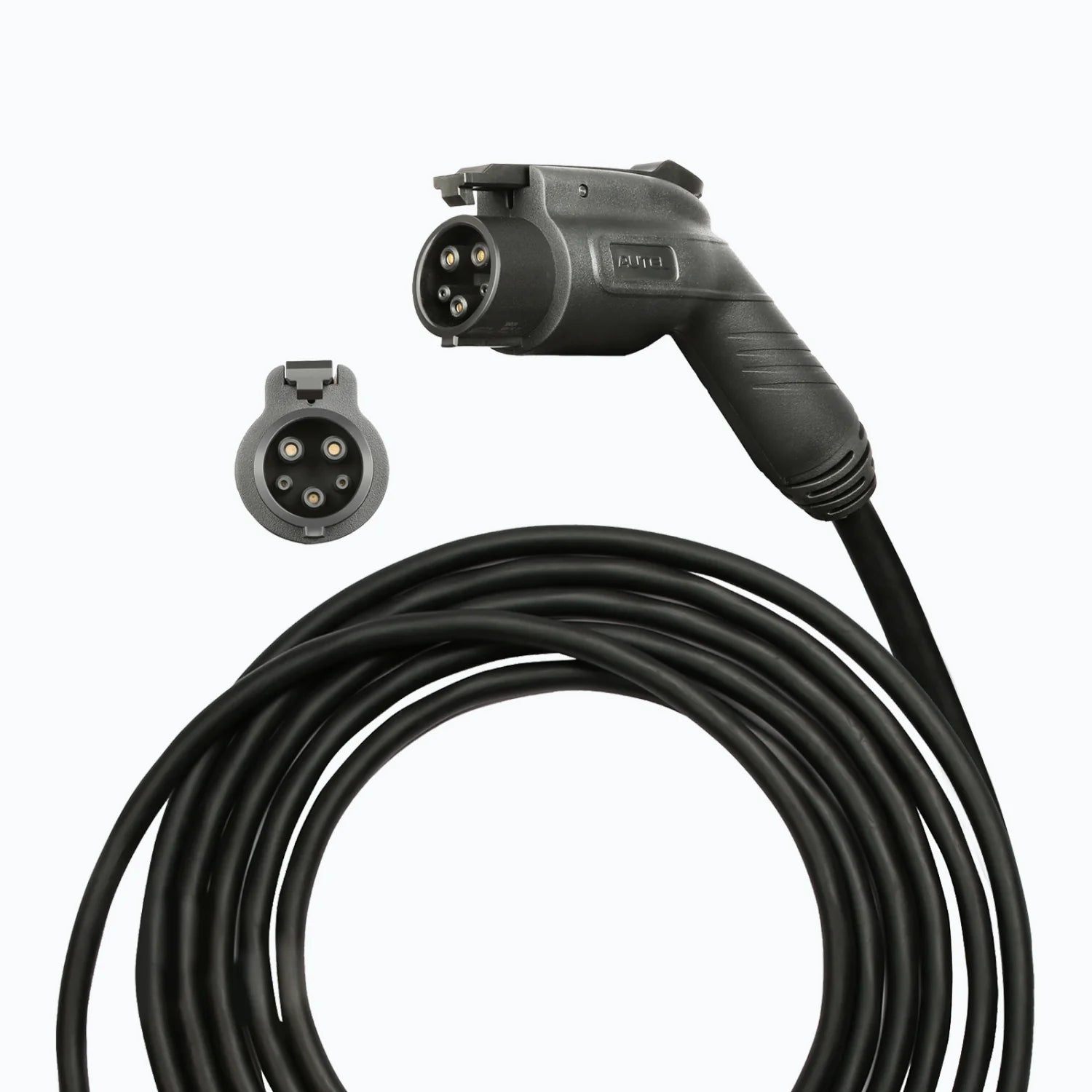
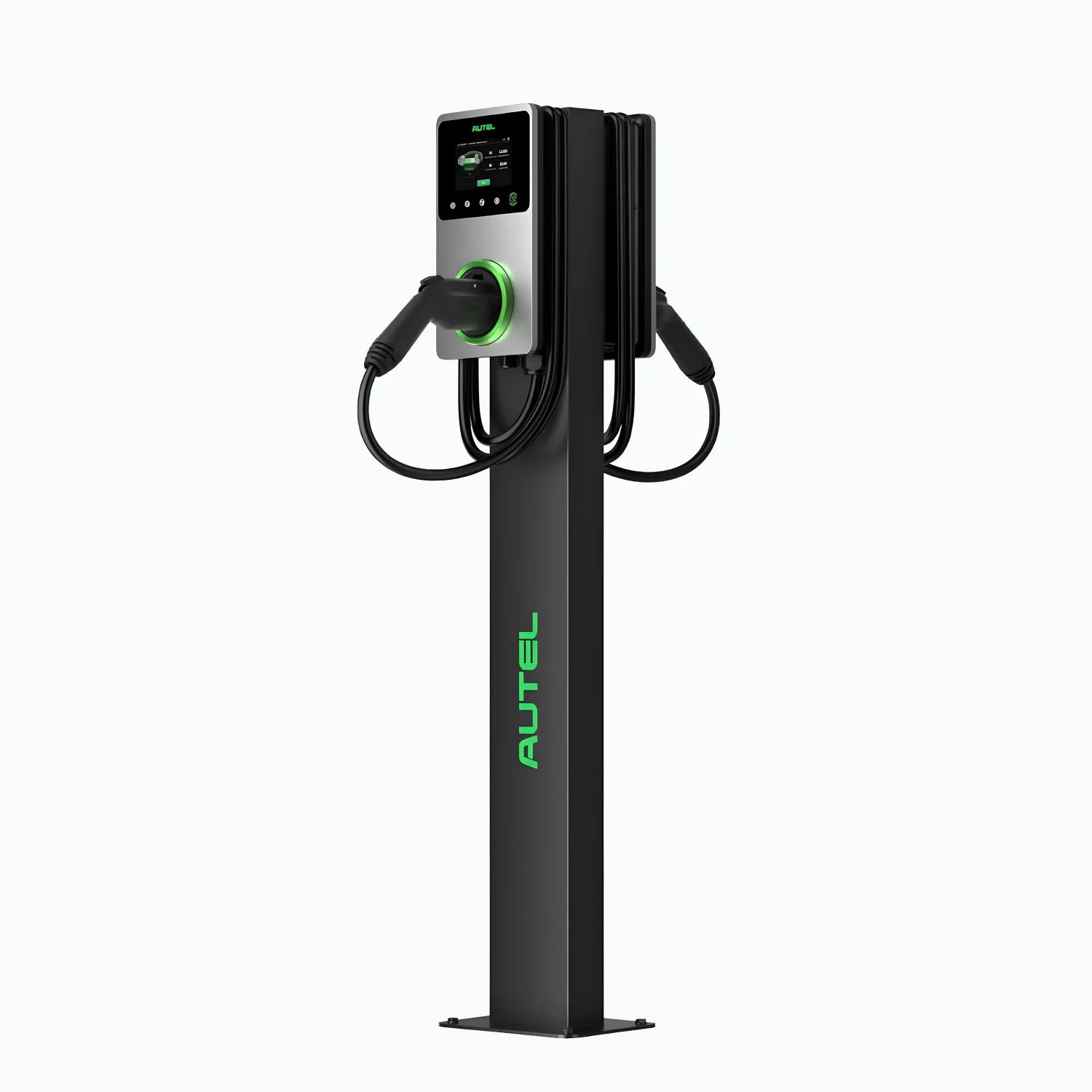
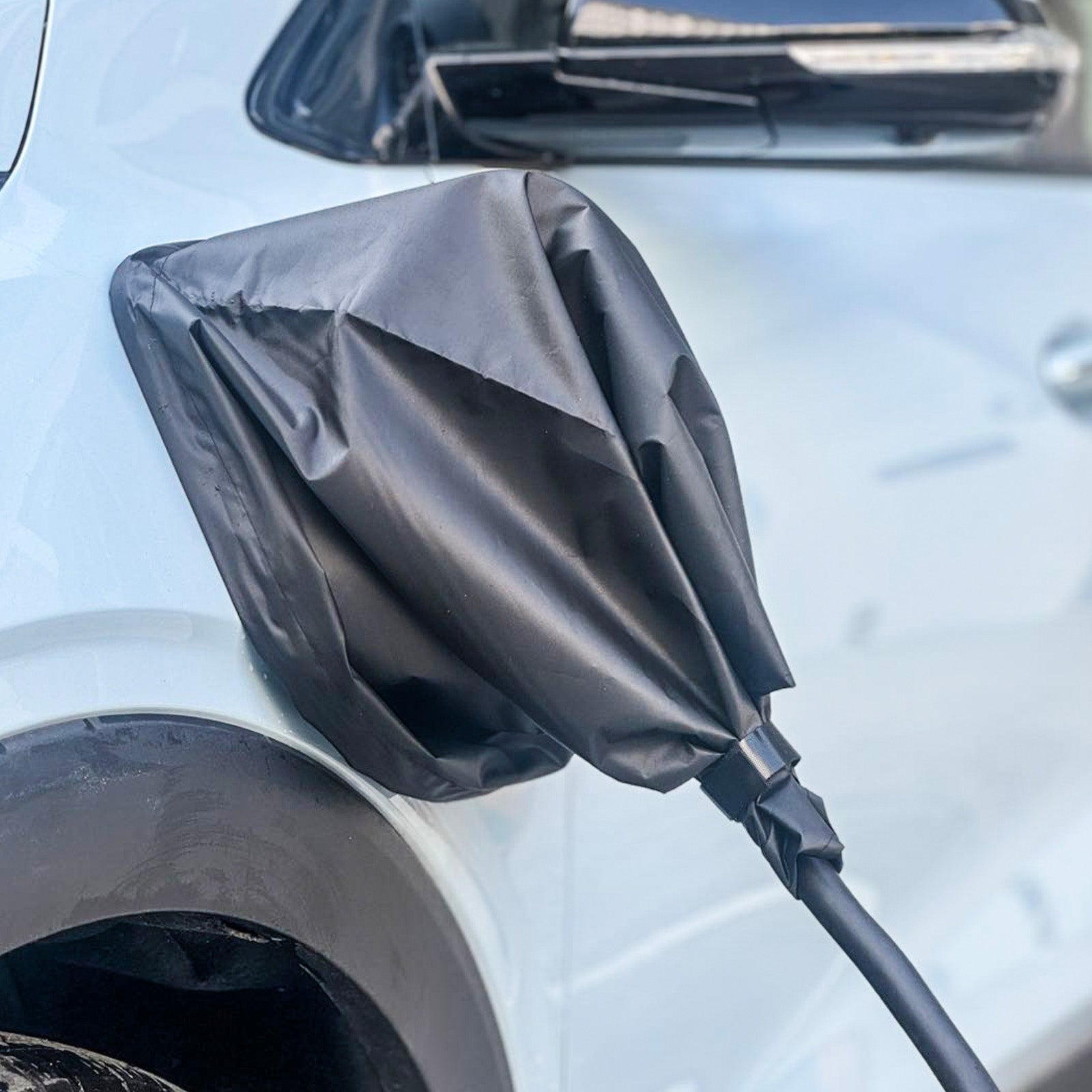
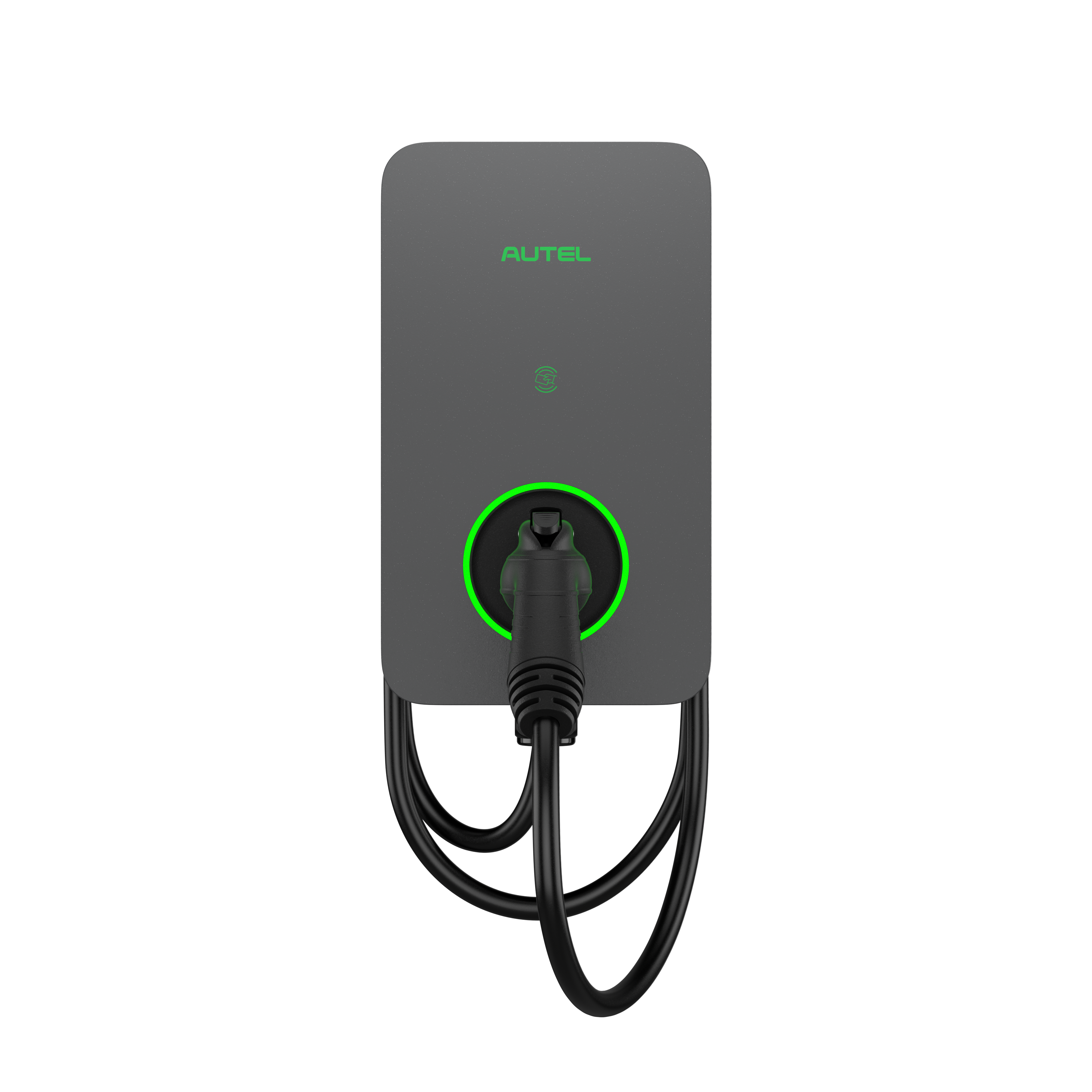
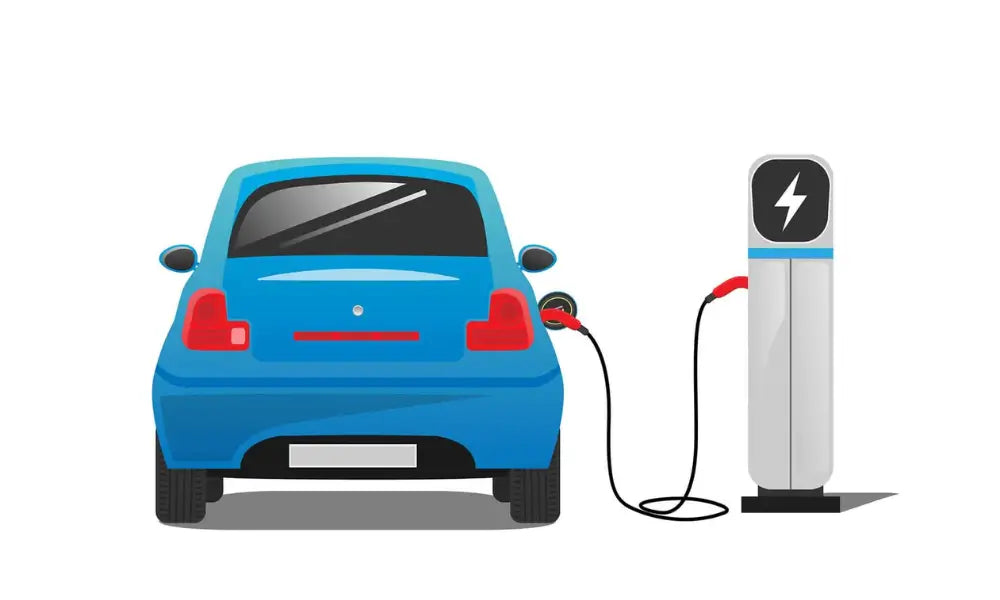
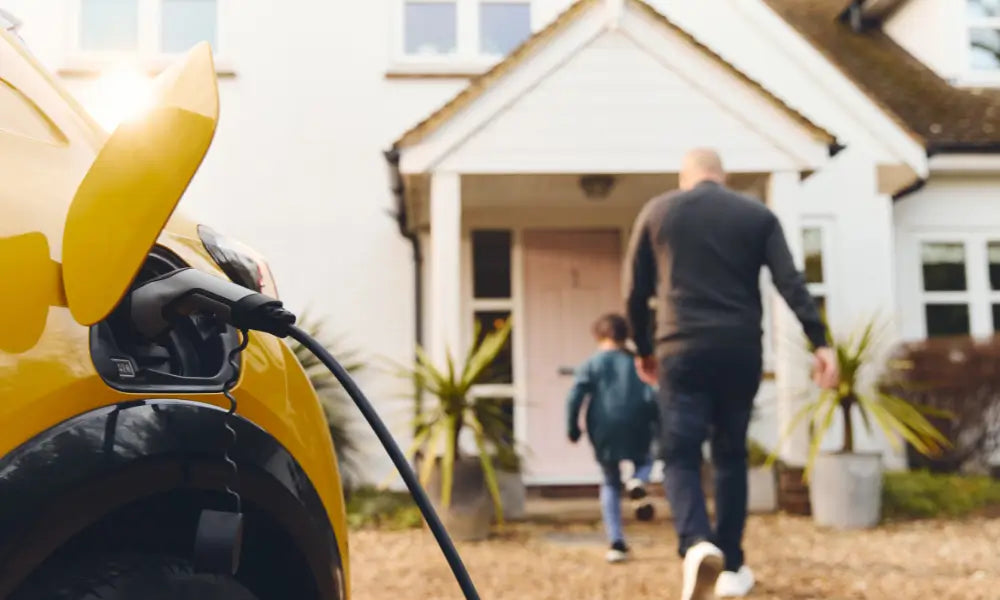
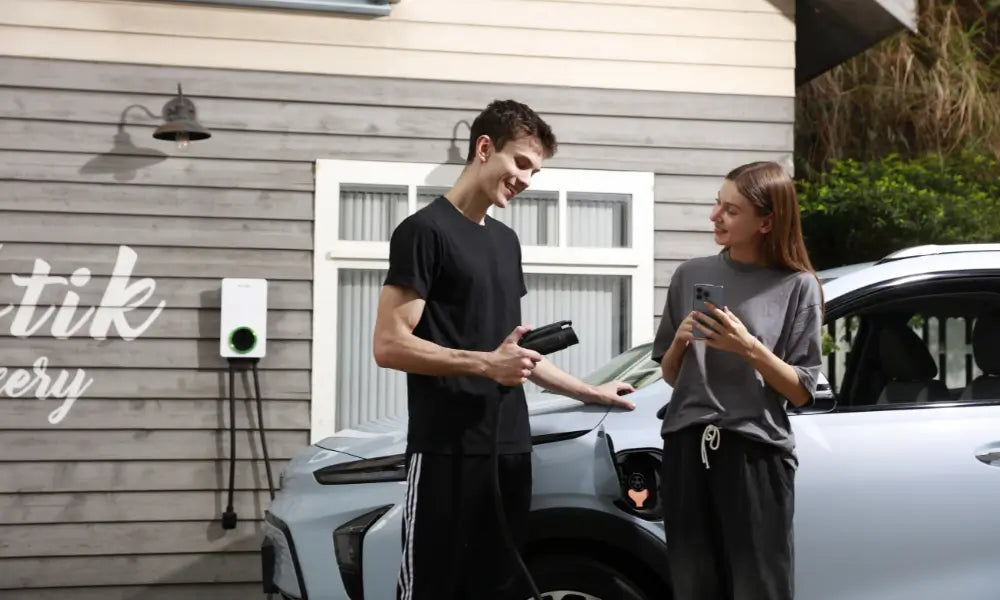
Dejar un comentario
Todos los comentarios se revisan antes de su publicación.
Este sitio está protegido por hCaptcha y se aplican la Política de privacidad de hCaptcha y los Términos del servicio.